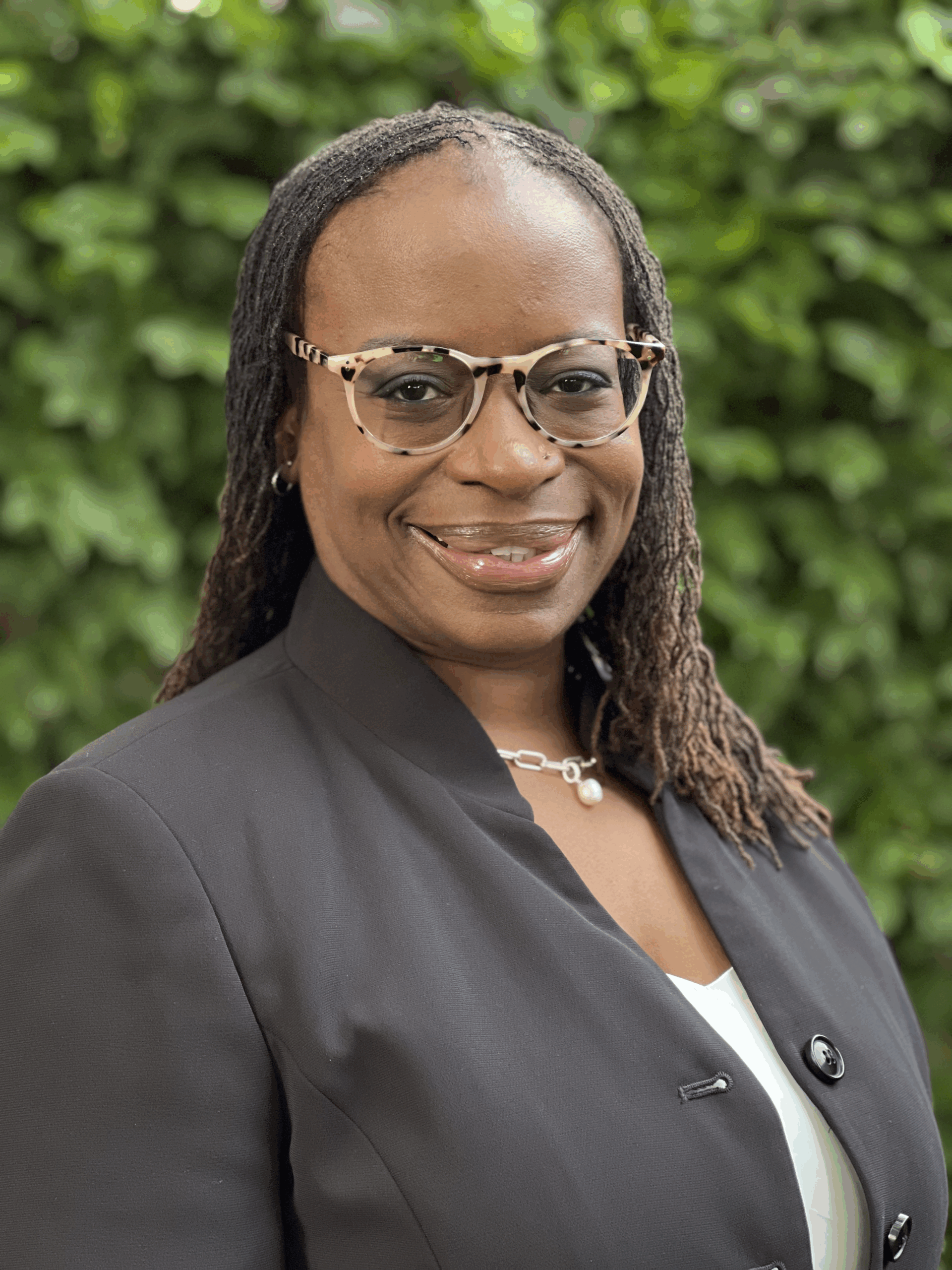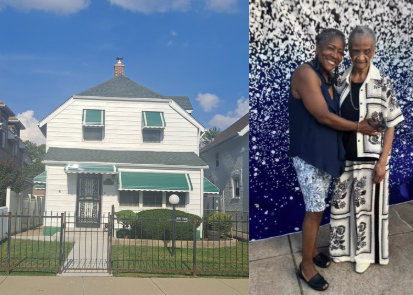Defining Resilience with Detroit’s Eastside Community
Extreme weather and other events caused by climate change are rapidly increasing in frequency and severity. For communities that have received less investment in their infrastructure, the negative impacts of these events hit much harder. An extreme heat event or a power outage can be deadly in these communities, especially for people who are sick, elderly, or have a lower income.
In Detroit, where the power grid is older than the national average, the Detroit Resilient Eastside Initiative is growing a solution organically from the community. In 2020, the Detroit-based community organization Eastside Community Network led an initiative with Elevate, the City of Detroit and community partners Brilliant Detroit to plan a network of “resiliency hubs,” which support Eastside residents with essential services during emergencies, recovery, and every day.
Defining Resilience with Detroit’s Eastside Community
How is resilience defined? Often, conversations about resiliency are focused on solar and battery storage systems. Solar with storage allows for a reliable electricity supply during an emergency like a power outage. It’s an important part of creating a resilient power supply, but real community resiliency is much more than keeping the power on in an emergency.

Eastside Community Network’s Stoudamire Wellness Center, one of the three first resilience hubs.
Resiliency is defined by the community and what they need. Building the Resilient Eastside Initiative started with identifying the important community organizations that were already providing meaningful services to their community. Since 2020 the Eastside Community Network has been engaging residents, community groups , and climate and health experts such as Elevate and University of Michigan researchers to hear what resiliency meant to the Eastside community.
At the same time, the Detroit Office of Sustainability was using the Urban Sustainable Directors Network Resilience Hub Guidance to create a resilience hub at the Lenox Center. Together the groups came up with a framework for resiliency solutions that included a network of solar plus storage powered hubs that provide health, housing, and climate emergency support.
A Network of Facilities and Relationships
Three properties on the Eastside were identified to become “resiliency hubs” and provide services – heating and cooling centers, internet access, transportation, and storage and distribution of food, water, and medical supplies – during times of emergencies and every day. These hubs already support residents with health and wellness, help completing applications for Federal Emergency Management Act (FEMA) following frequent flooding, and other social services. The hubs were the Brilliant Detroit Chandler Park House, the Eastside Community Network’s Stoudamire Wellness Center, and The City of Detroit’s Lennox Center.

Elevate and partners at an announcement for the Detroit Resilient Eastside Initiative.
Together, the hubs create a network that engages with the community through emergency planning and protocols, and strengthening and expanding everyday services and strategies for the community. The goal is for every Eastside resident to be within a 15 minute walk to one of the hubs.
Identifying this network also helped build relationships between the community organizations and the City of Detroit. During emergencies and times of need, emergency response teams often have a hard time getting resources into the community from the City’s or State’s departments and agencies. To address this gap, the Resilient Eastside Initiative is helping establish relationships between these community organizations and the City departments so resources could flow more easily. In some cases, community organizations became delegate agencies for the City so that they had a direct and constant connection.
Resiliency in Physical Space
One of the key solutions that was identified for creating resiliency was providing physical spaces where the community could have access to reliable, consistent heating, cooling, and power – every day, and during times of emergency.
After working with the community organizations to define resiliency services and facilitate relationships, the next step of the Resilient Eastside Initiative was to upgrade the hub facilities to make them physically resilient and to lower the operating costs of the facility, like maintenance and utility bills.
The upgrades result in a building that is highly efficient, generates renewable energy with storage and backup power, incorporates water and flood management, has lower operating costs, and is secure and accessible. These buildings are not just emergency shelters, but are community centers that provide services outside of emergencies. Knowing and using a hub year-round helps people feel safe and comfortable going there for support in an emergency.
Learn More
The work at the Brilliant Detroit Chandler Park House, Eastside Community Network Stoudamire Wellness Center, and The City of Detroit’s Lennox Center is expected to be completed in Summer of 2023. The Resilient Eastside Initiative is continuing to work in Detroit to identify and establish a second round of hubs on the Eastside and across Detroit.
Want to learn more about our resiliency work? Check out our Municipal Climate Planning work, and stay up to date with our latest news by subscribing to our newsletter.



